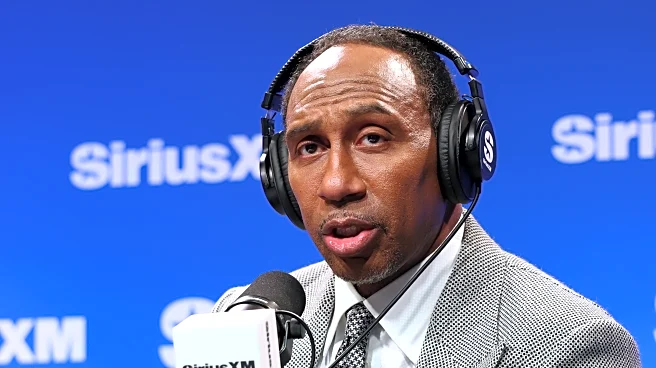Rapid Read • 8 min read
The US Treasury Department has expanded its 'Gifts to Reduce the Public Debt' program to include Venmo and PayPal as payment options. This initiative allows individuals to contribute directly to the national debt, which currently stands at $36.6 trillion. The program, operational since 1996, has collected $67.3 million, a small fraction compared to the overall debt. Users can access the donation portal via Pay.gov, where they can select their preferred payment method and submit donations using Venmo for real-time transactions. Despite the introduction of these digital payment methods, neither PayPal nor Venmo has released official statements regarding their involvement.
AD
The inclusion of popular digital payment platforms like Venmo and PayPal in the debt donation program reflects the government's attempt to leverage technology to address the growing national debt. The debt has increased by 87% over the past fifteen years, raising concerns among financial experts and the public. Samson Mow, CEO of Bitcoin technology firm JAN3, criticized the initiative, likening it to 'sending Bitcoin to a burn address.' Ray Dalio, founder of Bridgewater Associates, warned of a looming financial crisis, noting that the US is spending significantly more than its income, potentially leading to a debt spiral. The initiative highlights the urgency of addressing the national debt, which has been exacerbated by recent policies.
The expansion of the debt donation program may prompt further discussions among policymakers and financial experts about sustainable solutions to manage the national debt. As the debt continues to rise, there may be increased pressure on the government to implement fiscal policies that curb spending and enhance revenue. The public's response to the program could influence future decisions on debt management strategies. Additionally, the impact of President Trump's 'Big, Beautiful Bill,' projected to add $3.4 trillion to the debt over the next decade, will likely be scrutinized in upcoming budgetary debates.
The initiative raises ethical questions about the government's reliance on public donations to manage national debt. It also reflects broader cultural shifts towards digital financial transactions and the role of technology in public policy. The program's effectiveness in reducing the debt remains uncertain, given the negligible amount collected compared to the total debt. Long-term implications may include increased public awareness and engagement in fiscal matters, potentially influencing future policy directions.
AD
More Stories You Might Enjoy











